National Science Foundation
-

Spring 2024 Scaling Success awardees announced
Vanderbilt's Spring 2024 Scaling Success Grant awards support four innovative research projects, empowering faculty to secure expanded external funding. The grant program, initiated in 2022, has already helped its inaugural awardees obtain prestigious grants. Read MoreJul 23, 2024
-

NSF names 34 Vanderbilt students and alumni as 2024 graduate research fellows
The prestigious fellowship program assists exceptional graduate students pursuing research-based master’s and doctoral degrees across various fields, including science, technology, engineering, mathematics, STEM education and social sciences supported by NSF. Read MoreJun 17, 2024
-

Novel approach to safeguard patient data included among NSF-led National AI Research Resource Pilot
The U.S. National Science Foundation and the Department of Energy recently announced that a team comprised of Vanderbilt’s newly created ADVANCE center and VALIANT lab is among the first round of 35 projects that will be supported with computational time through the National Artificial Intelligence Research Resource Pilot. Read MoreMay 16, 2024
-

Vanderbilt scientists receive National Science Foundation grant to explore RNA behavior
Manuel Ascano, associate professor of biochemistry and pathology, microbiology and immunology, and Dr. Alissa Weaver, Cornelius Vanderbilt Chair and director of the Vanderbilt Center for Extracellular Vesicle Research, are one of nine U.S. research teams awarded funding from the National Science Foundation to more fully understand the potential biotechnological uses of RNA, ranging from crop disease protection to treatments that combat cancer. Read MoreMar 18, 2024
-
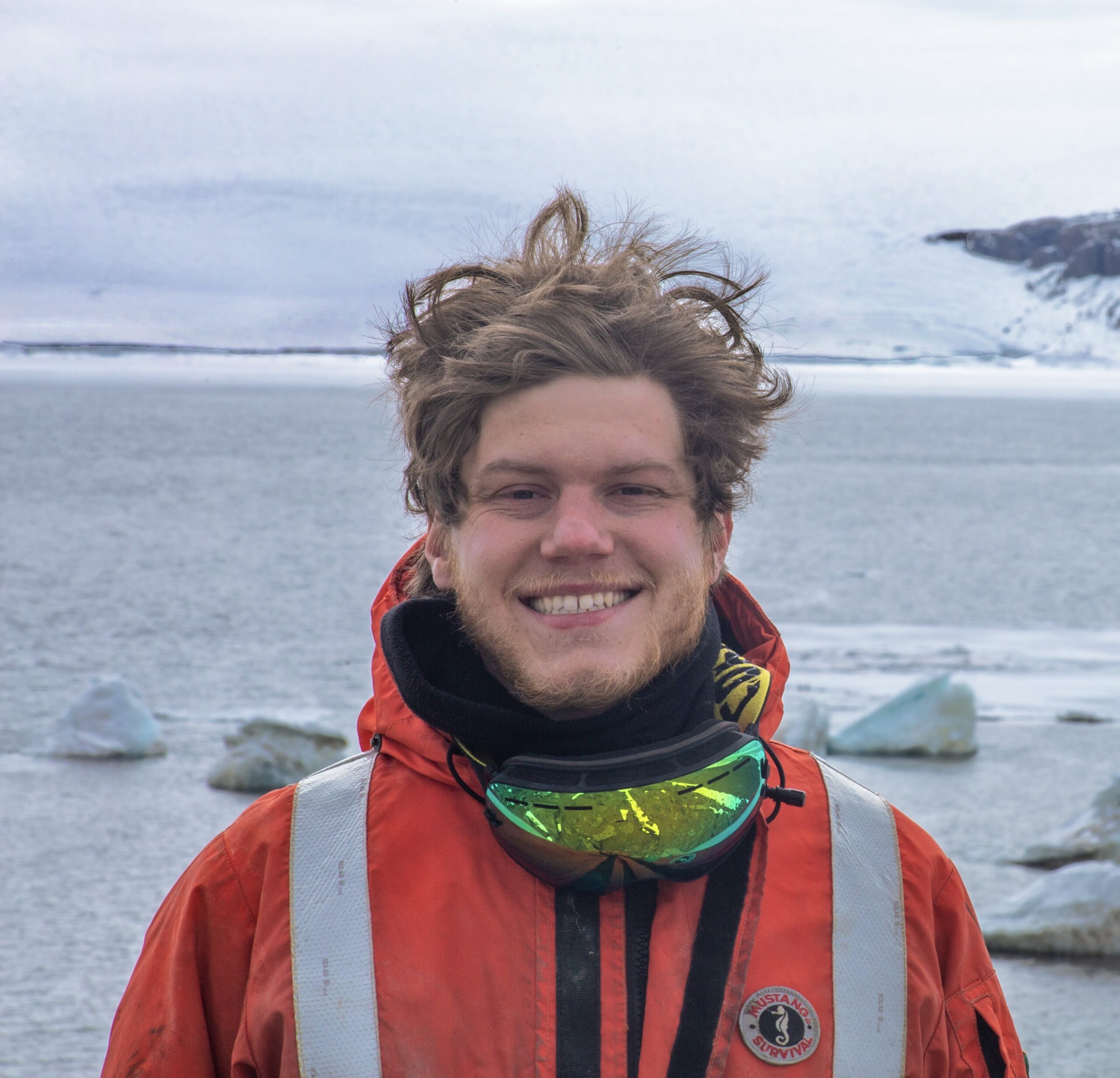
Breaking the mold: postdoctoral fellow’s research challenges ecological norms in yeast communities
Kyle David, an NSF postdoctoral fellow in the Rokas lab, and co-authors published a new paper, 'Saccharomycotina yeasts defy longstanding macroecological patterns' in the high-impact journal PNAS. This paper, which looks at the ecology of 186 species of yeast, provides evidence that not all life-forms follow the rules. Read MoreMar 5, 2024
-

Weimer receives NSF CAREER Award to improve safety and efficacy of machine learning, AI systems
James Weimer, assistant professor of computer science and noted medical-device entrepreneur, has received a National Science Foundation CAREER Award to improve the safety and efficacy of systems that use advanced machine learning and artificial intelligence techniques. Read MoreFeb 7, 2024
-

Soheil Kolouri receives NSF CAREER Award to enhance machine learning
Soheil Kolouri, assistant professor of computer science at Vanderbilt University, has received a National Science Foundation CAREER Award to explore ways to make machine learning more efficient and possibly impact the next generation of such methods. Read MoreJan 8, 2024
-

Soheil Kolouri receives NSF CAREER Award to enhance machine learning
Soheil Kolouri, assistant professor of computer science at Vanderbilt University, has received a National Science Foundation CAREER Award to explore ways to make machine learning more efficient and possibly impact the next generation of such methods. Despite the success of machine learning, scientists say many foundational questions and theoretical aspects remain poorly understood, posing unwanted... Read MoreJan 8, 2024
-

From Scaling Success to NSF: Vanderbilt, Fisk create winning formula in multi-messenger astronomy
The Fisk-Vanderbilt Master’s-to-Ph.D. Bridge Program, emphasizing multi-messenger astronomy, utilized strategic funding from a Scaling Success Internal Award to secure a $1.7 million NSF grant. This collaborative journey, focusing on inclusive STEM education and innovative training approaches, highlights the power of adaptability and vision in research endeavors. Read MoreOct 12, 2023
-
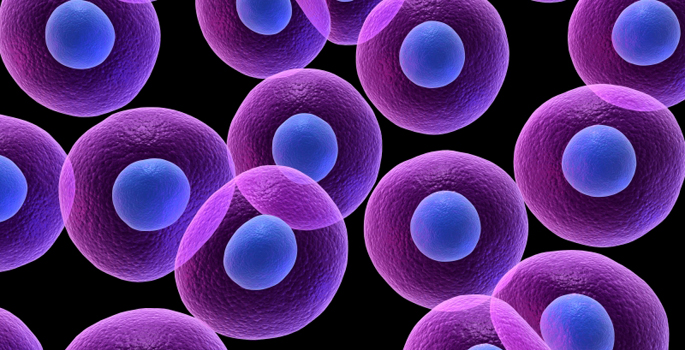
A $3M NSF grant to advance biomanufacturing could help establish an innovative method to deliver medicines to cells
Trans-institutional project connects Vanderbilt experts in drug delivery, stem cell engineering, biomanufacturing and cell biology to advance biomanufacturing of nanoparticles that can deliver precisely targeted drugs to the site of a disease. Read MoreSep 28, 2023
-

Vanderbilt researchers seeking to aid neurodiverse adults receive prestigious National Science Foundation CIVIC Stage 2 Award
Mechanical engineering Professor Nilanjan Sarkar, Frist Center Director Keivan Stassun and collaborators receive $1M to develop an integrated AI and behavioral science-based driving training system to improve transportation independence for neurodiverse individuals. Read MoreSep 21, 2023
-
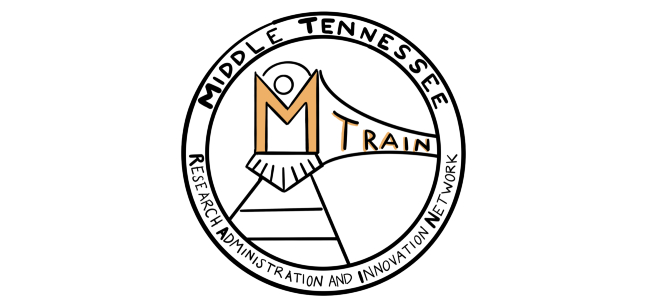
Vanderbilt, Tennessee State and Fisk partner to launch Middle Tennessee Research Administration and Innovation Network with $100K NSF grant
The National Science Foundation has granted $100,000 to Vanderbilt, Fisk and Tennessee State University to launch the Middle Tennessee Research Administration and Innovation Network, which focuses on developing regional research administration staff through a series of workshops to address disparities in regional research activity. Read MoreSep 20, 2023
-

Vanderbilt team reimagines kidney dialysis by creating new paradigm for dialysis membranes
Current kidney dialysis patients endure treatment three times a week for four hours. A new discovery generated by a Vanderbilt-VUMC team may shift how dialysis patients receive care. Read MoreSep 20, 2023
-

Multi-institutional Center for the Mechanical Control of Chemistry awarded $20M CCI grant
The Center for the Mechanical Control of Chemistry received a $20 million grant from the National Science Foundation to support its expansion to 11 partner institutions, including Vanderbilt University. Read MoreSep 13, 2023
-
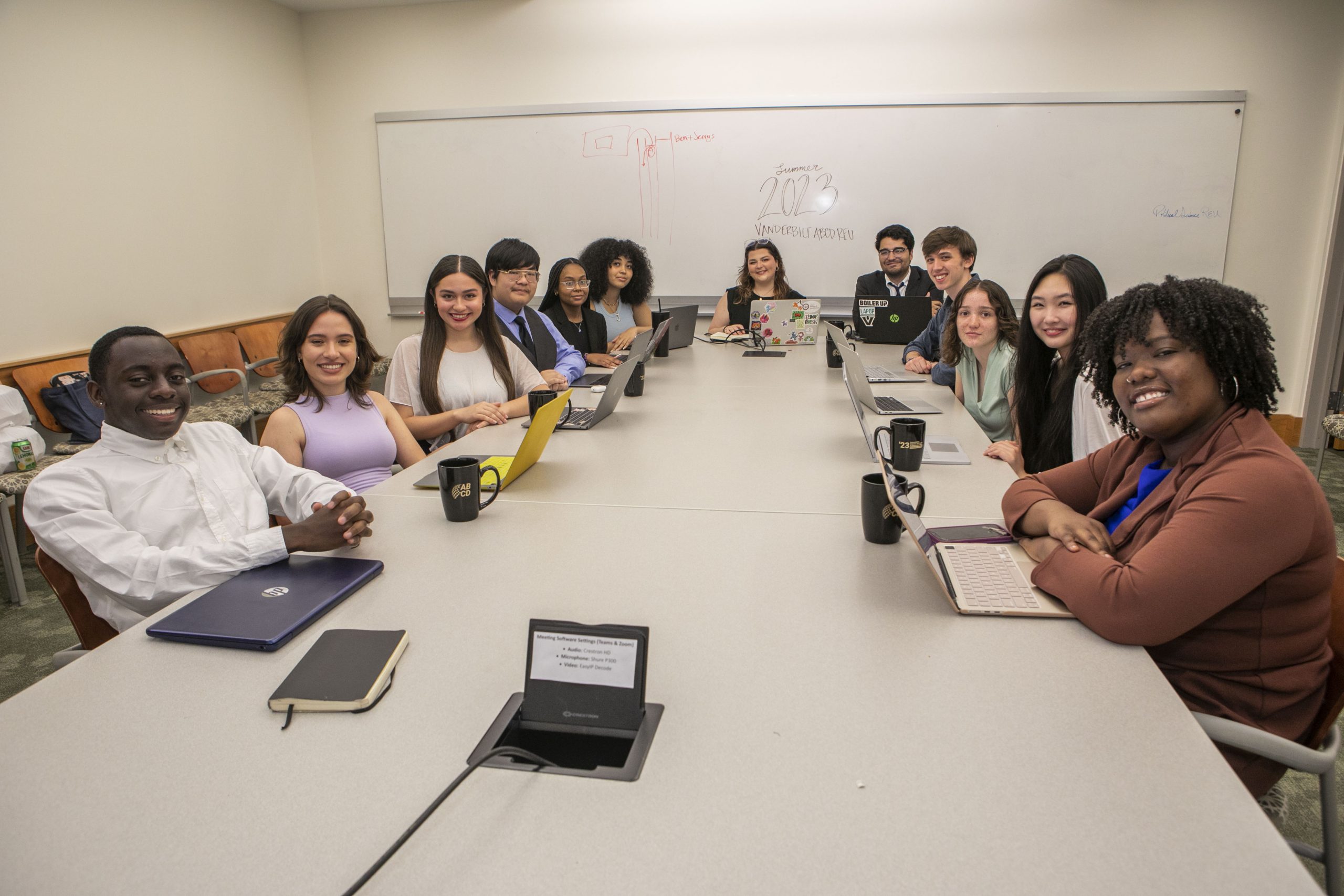
Vanderbilt hosts one-of-a-kind political science Research Experiences for Undergraduates program funded by NSF
New research experience will expose undergraduates to diverse career paths and provide graduate-level training, mentoring and professional networking in the social sciences. This is the first year of a three-year program in the Department of Political Science. Read MoreAug 22, 2023
-

Computer science professor’s internal seeding grant leads to National Science Foundation recognition
Vanderbilt University’s dedication to encouraging unique and groundbreaking research through internal grants has helped David Hyde, assistant professor of computer science, receive funding from the National Science Foundation. His research has progressed thanks to a Seeding Success Grant, an internal funding award managed by Research Development and Support in the Office of the Vice Provost... Read MoreAug 18, 2023
-

Success Story: From Vanderbilt’s Seeding Success Grant to National Science Foundation recognition
The Seeding Success Grant at Vanderbilt University has helped propel ADVISER, an innovative software platform created by David Hyde, assistant professor of computer science, to earning National Science Foundation funding. ADVISER is designed to democratize access to high-end cloud computing, and the new NSF grant applies it to climate change research. Read MoreAug 15, 2023
-

NSF grant supports alliance’s effort to boost AI-imaging in Middle Tennessee
Vanderbilt researchers are part of an alliance supported by the National Science Foundation that seeks to build on the use of artificial intelligence in medical imaging in Middle Tennessee. Read MoreAug 8, 2023
-
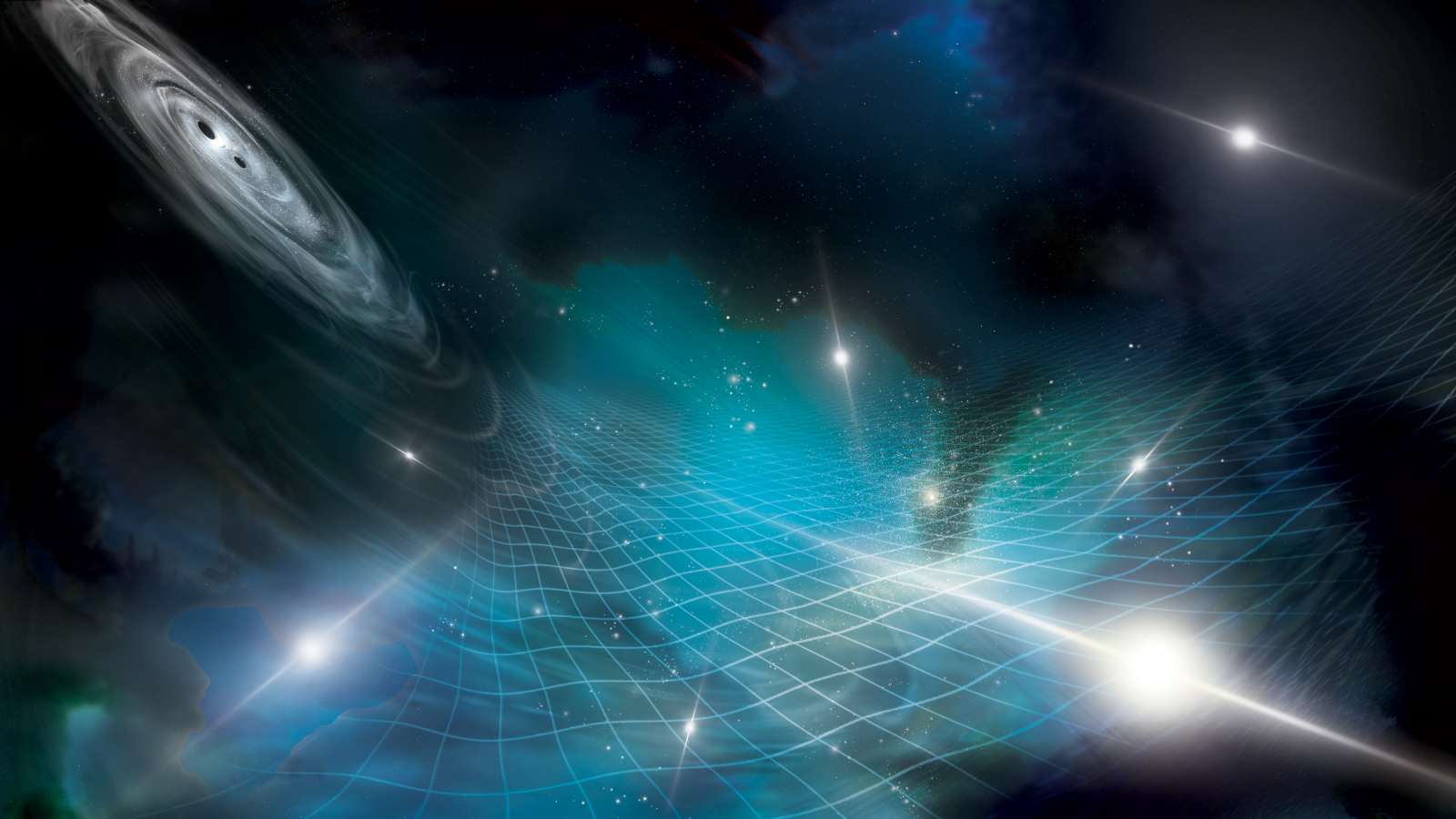
Scientists led by Vanderbilt astronomer Stephen Taylor use exotic stars to tune in to ‘hum’ from cosmic symphony
Led by Stephen Taylor, assistant professor of physics and astronomy, a collaborative effort across 88 institutions has identified evidence of slowly undulating gravitational waves passing through our galaxy. Read MoreJun 28, 2023
-
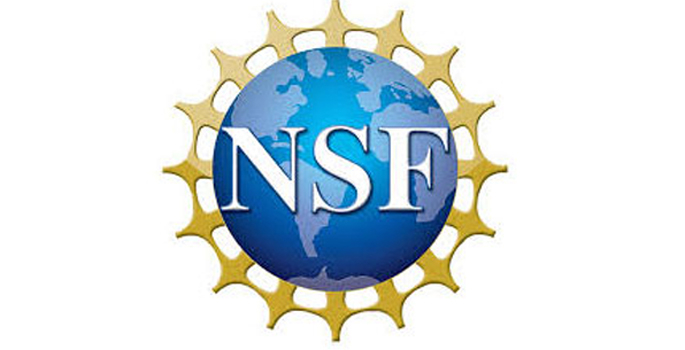
28 Vanderbilt students named 2023 NSF Graduate Research Fellows
The National Science Foundation has selected 28 Vanderbilt students for its 2023 Graduate Research Fellowship Program. Read MoreJun 13, 2023